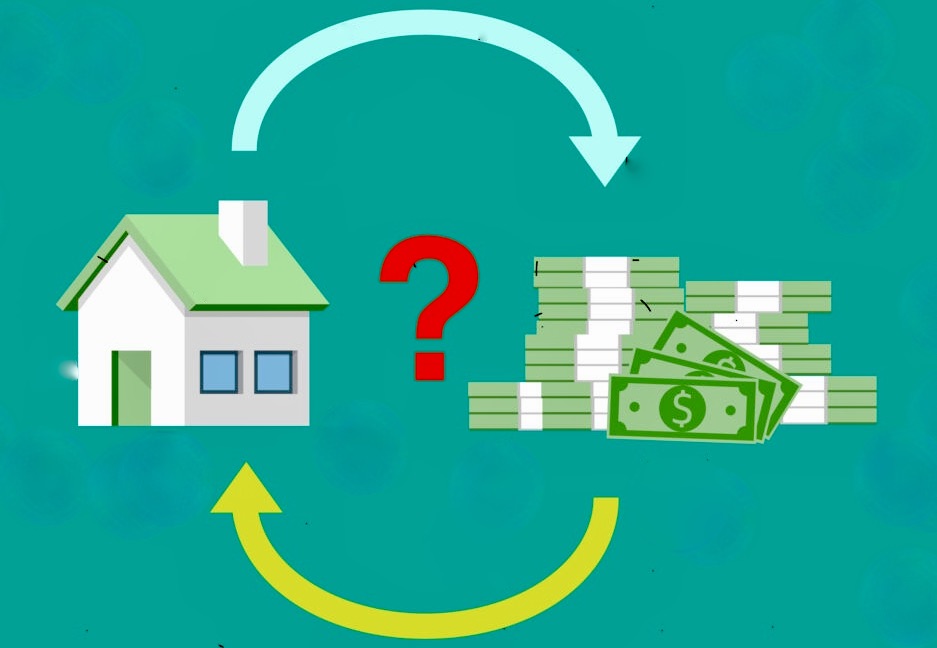The Pitfalls of Reverse Mortgages
Posted on 8/24/2024 by Erik H. Reisner
The Pitfalls of Reverse Mortgages
The concept of a reverse mortgage may seem enticing to retirees on a fixed income. “Sign here and have instant access to all of that equity you have built up over the years.” Is this too good to be true? Sometimes no, but sometimes: YES!!!
In order to qualify for a reverse mortgage, you must be free of any other mortgages, and/or will have to pay off any existing mortgages first. After you are mortgage-free, you can then apply for a reverse mortgage but understand that you’ll likely only be able to “tap” between 40 – 60% of the appraised value. That amount depends on your age. The older you are, the higher the amount you can receive. The loan amount will also be based on current interest rates, which are often variable for reverse mortgages. Not to be blunt and a bit morbid, but the older you are, the more the bank will lend as the lender knows “father time” will catch up with you at some point.
Like conventional mortgages, reverse mortgages involve several fees commonly known as closing costs. These costs include attorney fees, recording fees, title insurance, appraisal and lender fees. So, getting access to that hard-earned equity comes with a price tag that will quickly add up to thousands of dollars. Yes, it’s the “cost of doing business,” but it is a significant amount.
Selling a house with a reverse mortgage isn't as simple as selling a home with a traditional mortgage — but it can be done with a little planning. With a reverse mortgage, you borrow against the equity in your property to receive cash upfront or a stream of monthly payments.
The carrot that gets dangled to the potential borrower is instant access to a large lump sum, or regular monthly checks that feel like income, but instead it is simply depleting the equity that they have in their home. Also, the fine print may show a variable loan amount that increases over time further depleting the equity that is left in the home. Unfortunately, this often leads to financial hardships for the borrowers in a time in their lives when they are least equipped to deal with it. What’s the best alternative you ask? A great option is to sell your home and downsize into something smaller and perhaps easier to maintain. If you have enough equity in your home to obtain a reverse mortgage, you then also likely have enough equity to sell and then purchase something smaller, and then still have proceeds left over to support your fixed income lifestyle.
Your first call should be to a financial advisor to determine what your situation is, and what the best options are for your retirement goals. After that, if downsizing seems like the right option. Give us a call and we can happily provide a complimentary market analysis to give you a detailed estimate of your property’s value. After that you can move forward with your life, and not into a reverse mortgage!


